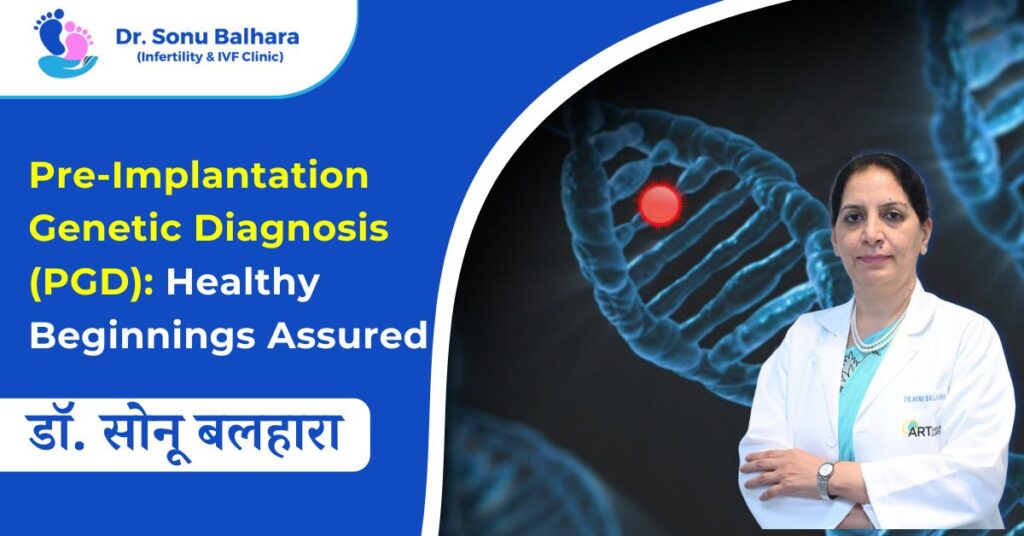All parents wish for a healthy child. Couples struggling with infertility or a family history of genetic disorders find this wish accompanied by fear and ambiguity. This is where contemporary fertility treatments such as Pre-Implantation Genetic Diagnosis (PGD) help by bringing hope, transparency, and assurance along the way to parenthood.
What is PGD?
Pre-Implantation Genetic Diagnosis (PGD) is a state-of-the-art method that is applied in IVF (In-Vitro Fertilization) for the screening of embryos for certain genetic disorders prior to implantation into the uterus.
This implies that only healthy, normally genetically embryos are transferred—avoiding the risk of passing on inherited disorders to your child.
How Does PGD Work?
- PGD is performed in a series of cautious steps:
- IVF Process: Eggs are harvested from the female partner and inseminated with sperm in the laboratory.
- Embryo Culture: Embryos are cultured for 5–6 days (until blastocyst stage).
- Embryo Biopsy: Few cells are gently taken out from each embryo without harming its growth.
- Genetic Testing: These cells are tested for particular genetic diseases or chromosomal problems.
- Healthy Embryo Transfer: Only genetically normal embryos are chosen for transfer to the uterus.
Who Should Opt for PGD?
- PGD is particularly advised for:
- Those with a family history of genetic illnesses
- Women with recurrent miscarriages
- Couples with a history of children born with genetic diseases
- Women of advanced maternal age (older than 35 years)
- Repeated IVF failures in couples
- Carrier parents of genetic diseases such as Thalassemia, Cystic Fibrosis, Tay-Sachs, or Huntington’s disease
What Disorders Can PGD Identify?
PGD can test for:
- Single gene disorders (such as Thalassemia, BRCA gene mutations, Sickle Cell Anemia)
- Chromosomal disorders (such as Down Syndrome, Turner Syndrome)
- Sex-linked disorders (such as Hemophilia, Duchenne Muscular Dystrophy)
- It is also paired with PGT-A (Pre-Implantation Genetic Testing for Aneuploidy) to test for numbers of abnormal chromosomes.
Advantages of PGD
- Prevents inherited genetic illnesses
- Increases the chance of a successful IVF
- Reduces miscarriage risk due to chromosomal errors
- Provides reassurance for couples at genetic risk
- Facilitates gender selection for health reasons (where it is legally allowed)
Key Considerations
- PGD is not a therapy but a diagnostic technique within IVF.
- It is not a guarantee of pregnancy, but does increase the prospect of a healthy one.
- The technique necessitates sophisticated laboratory backup and skilled embryologists.
My Insight
“PGD is a groundbreaking advancement in assisted reproduction. It helps couples make knowledgeable choices, particularly when there is a chance of passing on severe genetic disorders. At our center, we take every step to ensure this process is executed with utmost accuracy, compassion, and emotional care.”
If you’re worried about genetic disorders or have experienced recurrent IVF failure or miscarriages, PGD could be a game-changer in becoming parents. Consult your fertility specialist to know whether it’s for you.

